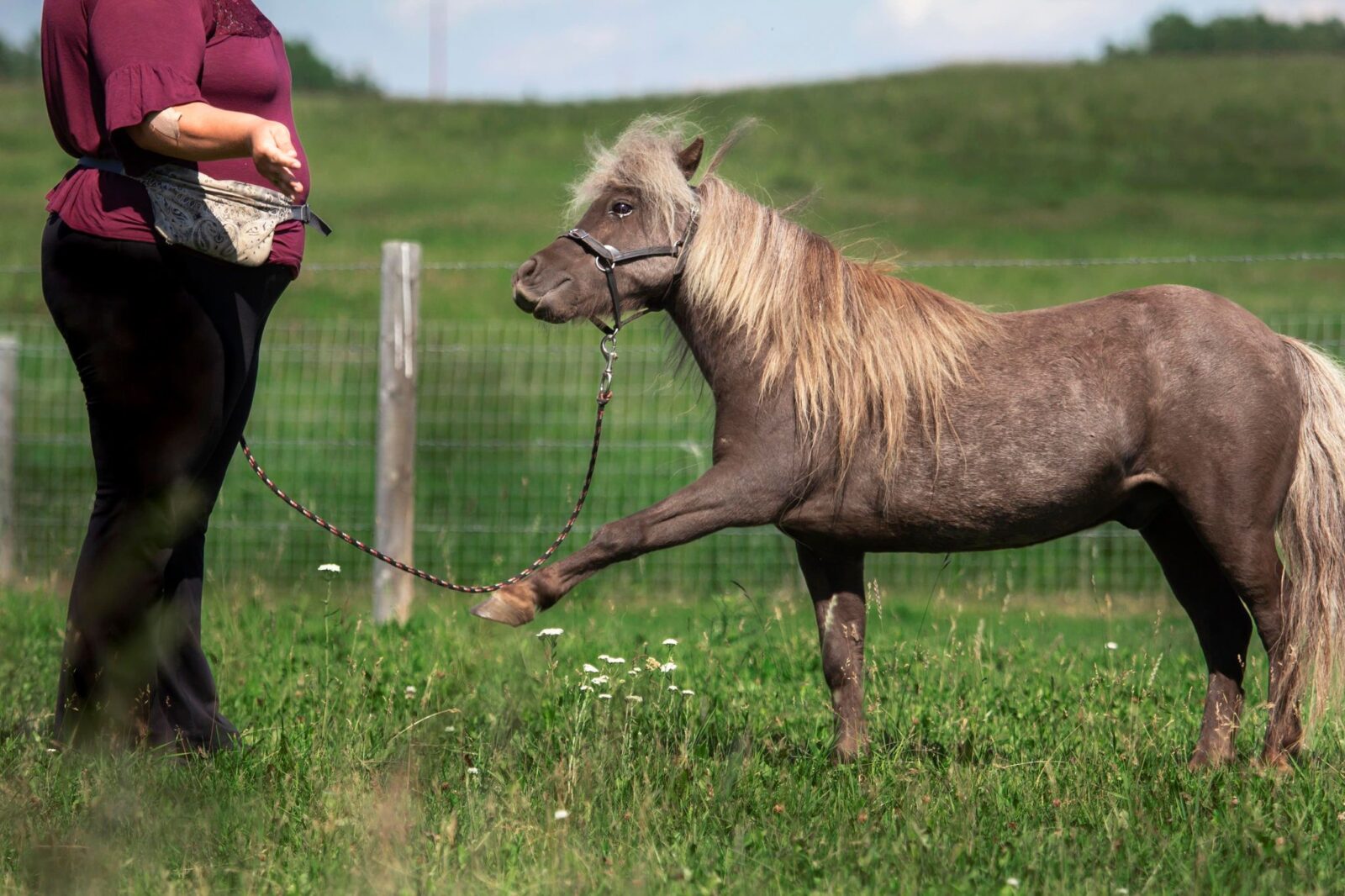This past month in the Study Group our topic has been Cues, and there has been so much interesting discussion, particularly around clarity of cues for our horses. The following is an excerpt from part of last month’s content inside the Study Group.
I used to say all the time that it didn’t matter what cue you used, as long as you were consistent. Which is technically true. The horse doesn’t know what the word means at all before you give it context for them, so if you want to use the word “purple” to tell them to do a haunch turn, then that’s fine with the horse.
But where I was wrong was that I also said it is most important that it makes sense to you, so that you’ll remember it and be consistent.
We aren’t the one we need to make it easy for.
Our horses need clarity, so when choosing a cue, whether verbal or physical, it’s much more important that it is unique from any other cue, than it is something that “makes sense” to us. We are able to learn and reason and memorize. We can teach ourselves what the cue is. But deciding on a cue that is similar to another cue just because it’s what pops out of our mouth isn’t beneficial for our horse. If our horse is confused, and offering the wrong behaviour because they think that’s what they’re supposed to do, then we get frustrated and a complete breakdown of our communication and even relationship can result.
Cues need to be chosen with the learner as the priority.
We all have cues that haven’t been done that way. So for me, while I improve my cues and and clarity, I try to remember that there are no “wrong answers” – no matter what my horse does, they’re doing what they think is what I’m asking. It’s my job to take that information, look dispassionately as what I’m doing, and how they responded, and then change my approach. It’s not their job to read my mind, even though they are surprisingly good at it! I’m one who gets frustrated easily, so I need to see every response as helpful, even the ones I don’t want, and if I can’t do that then I need to walk away and think about it before I try again. My horse doesn’t do anything “bad” or “wrong”, and even if they did then labelling it as that isn’t helpful to either of us. I’m not perfect at this – I still get frustrated sometimes, and react in ways I regret. But I know better, and I’m working hard to do better.
